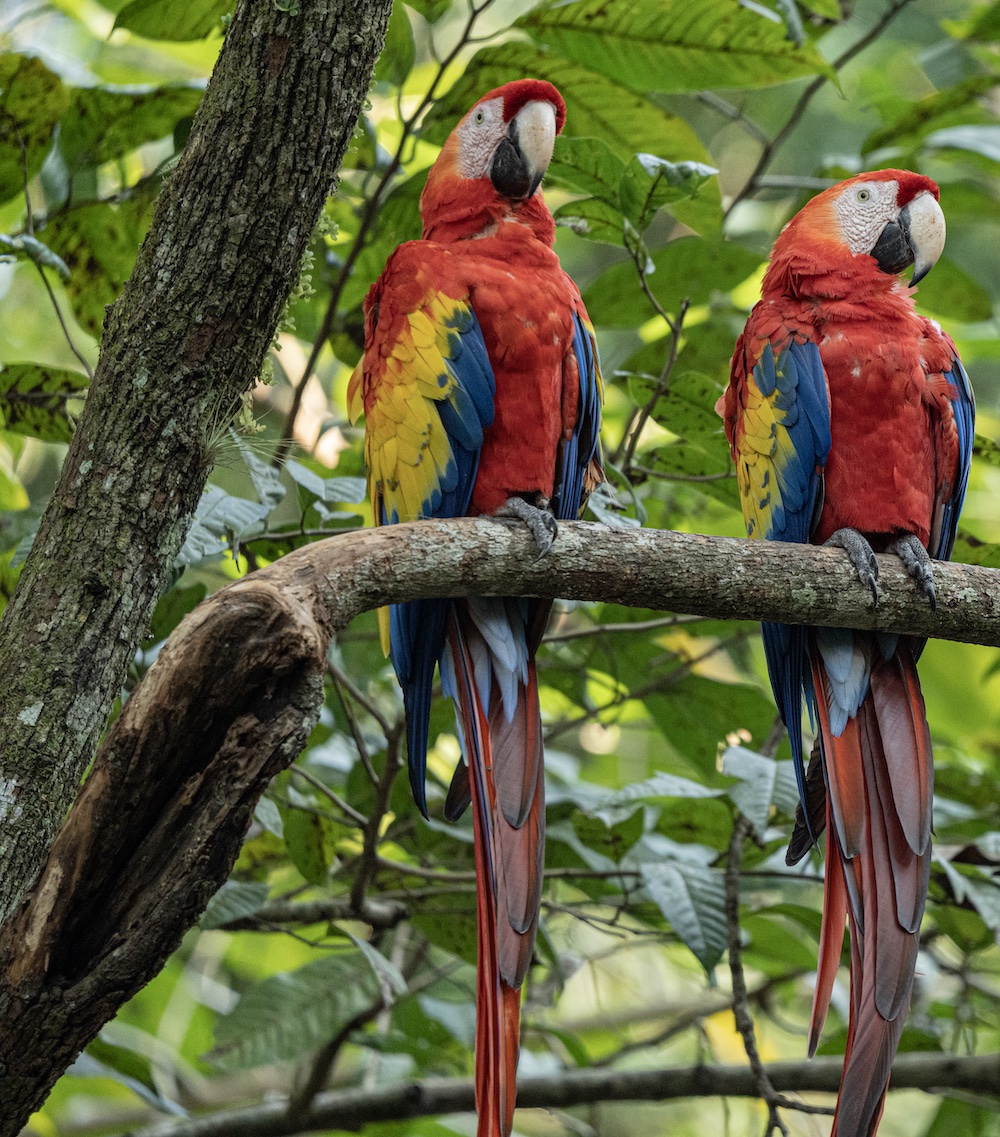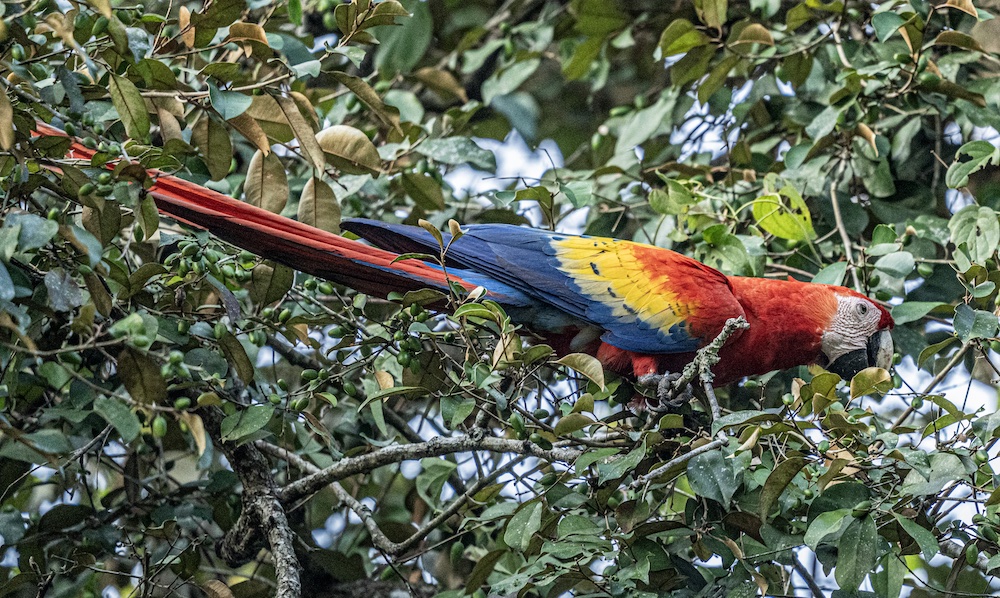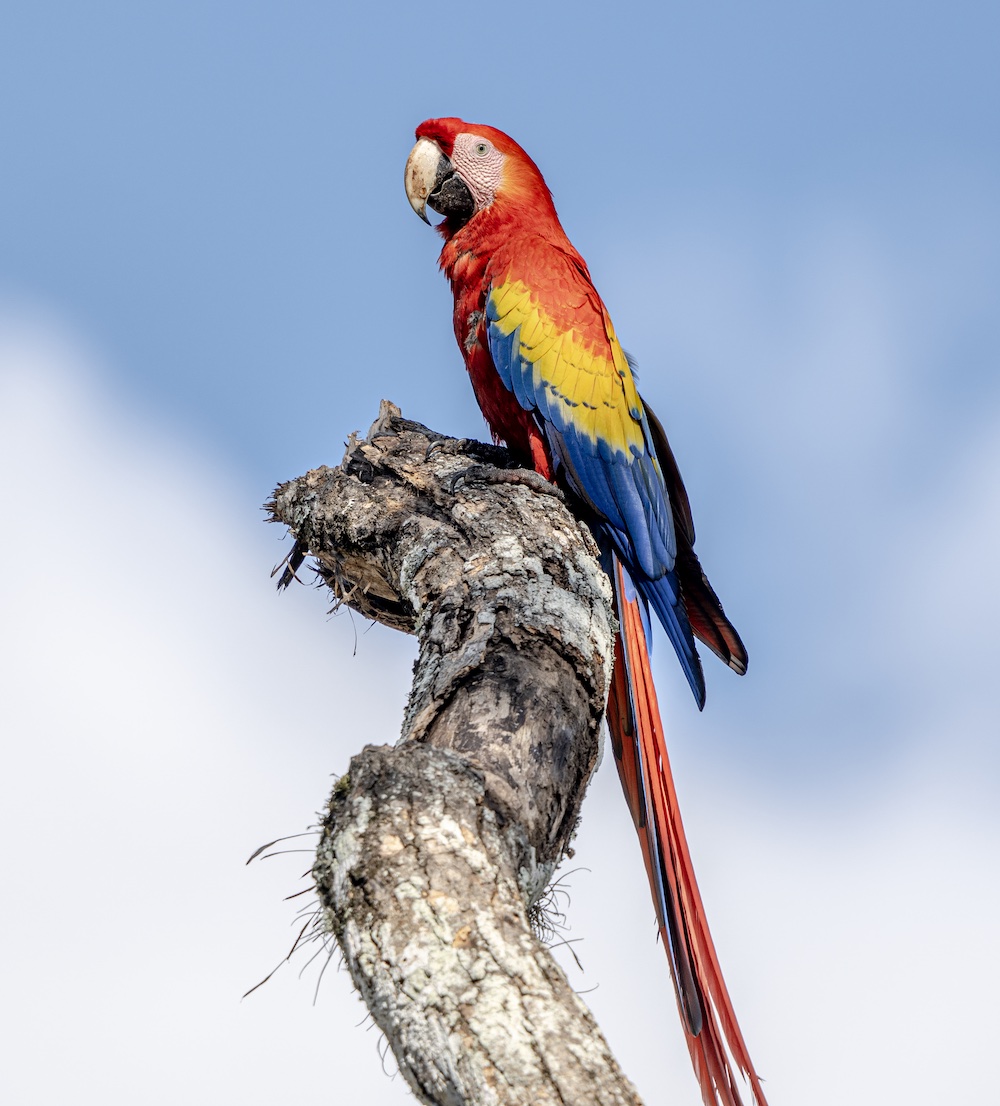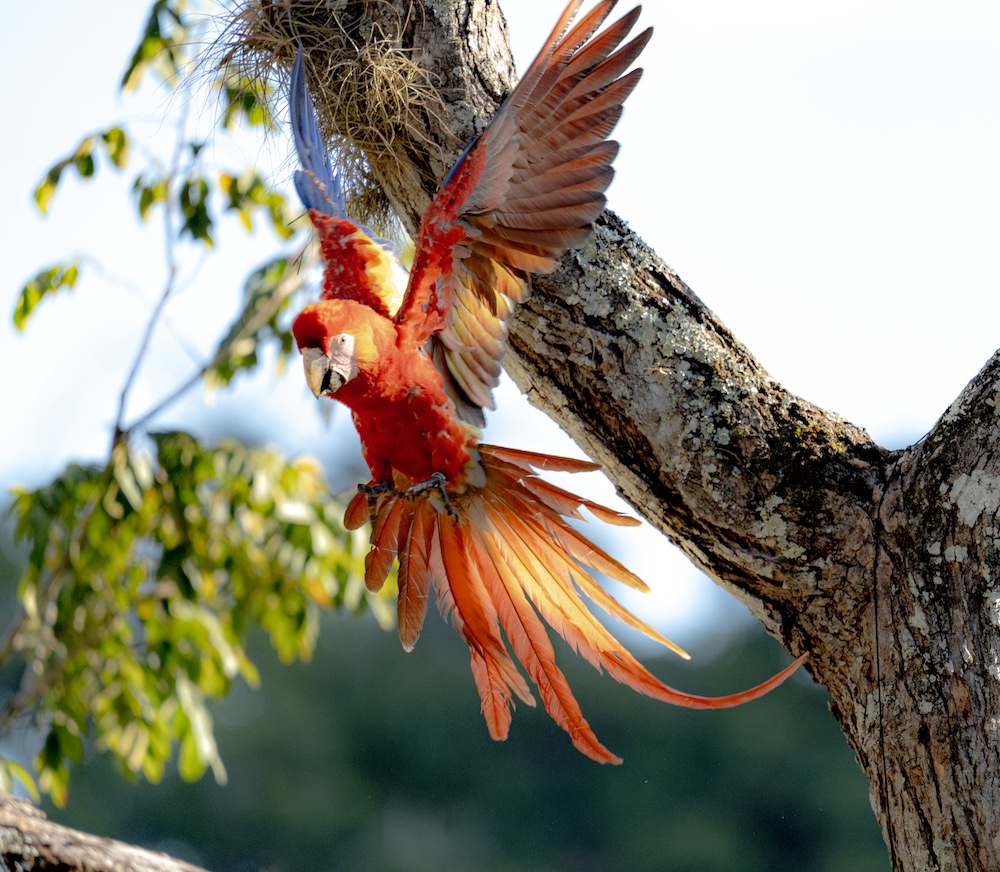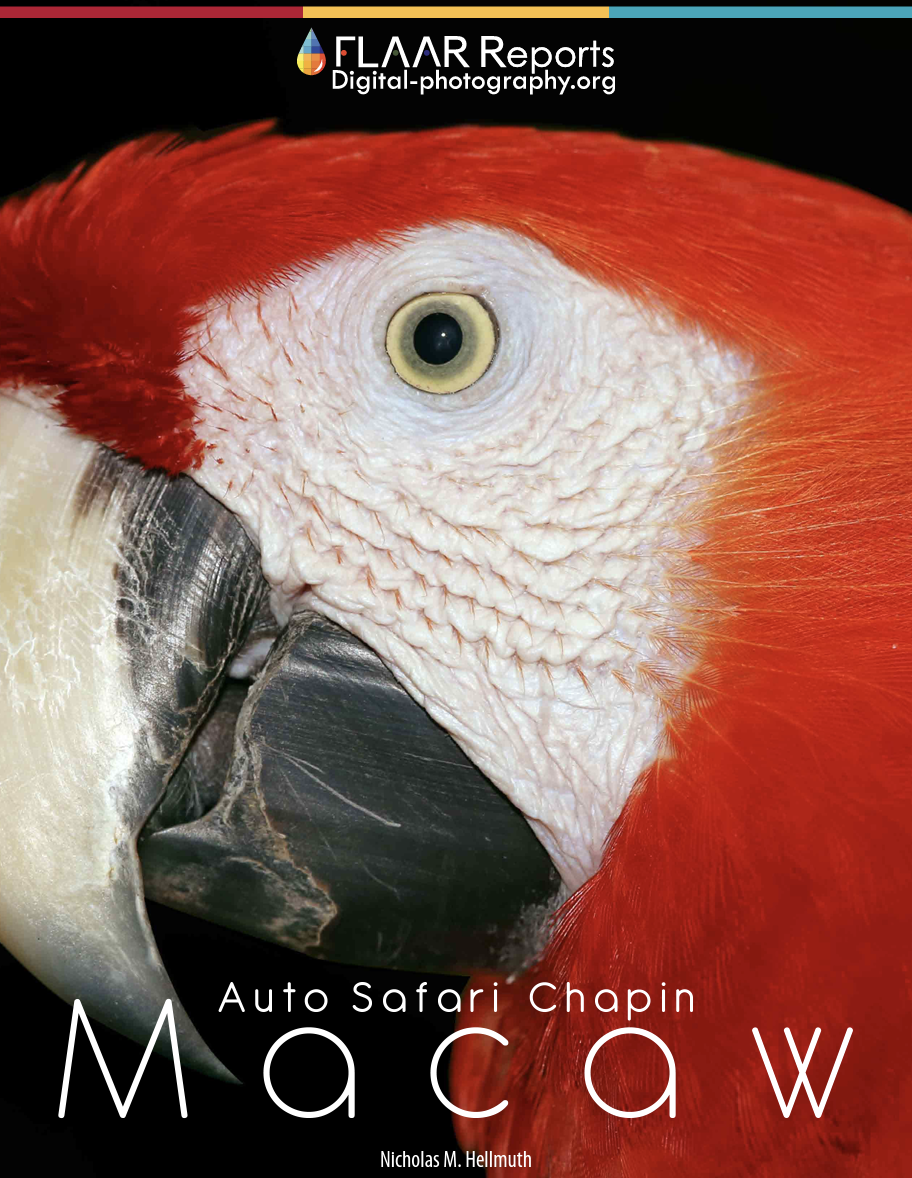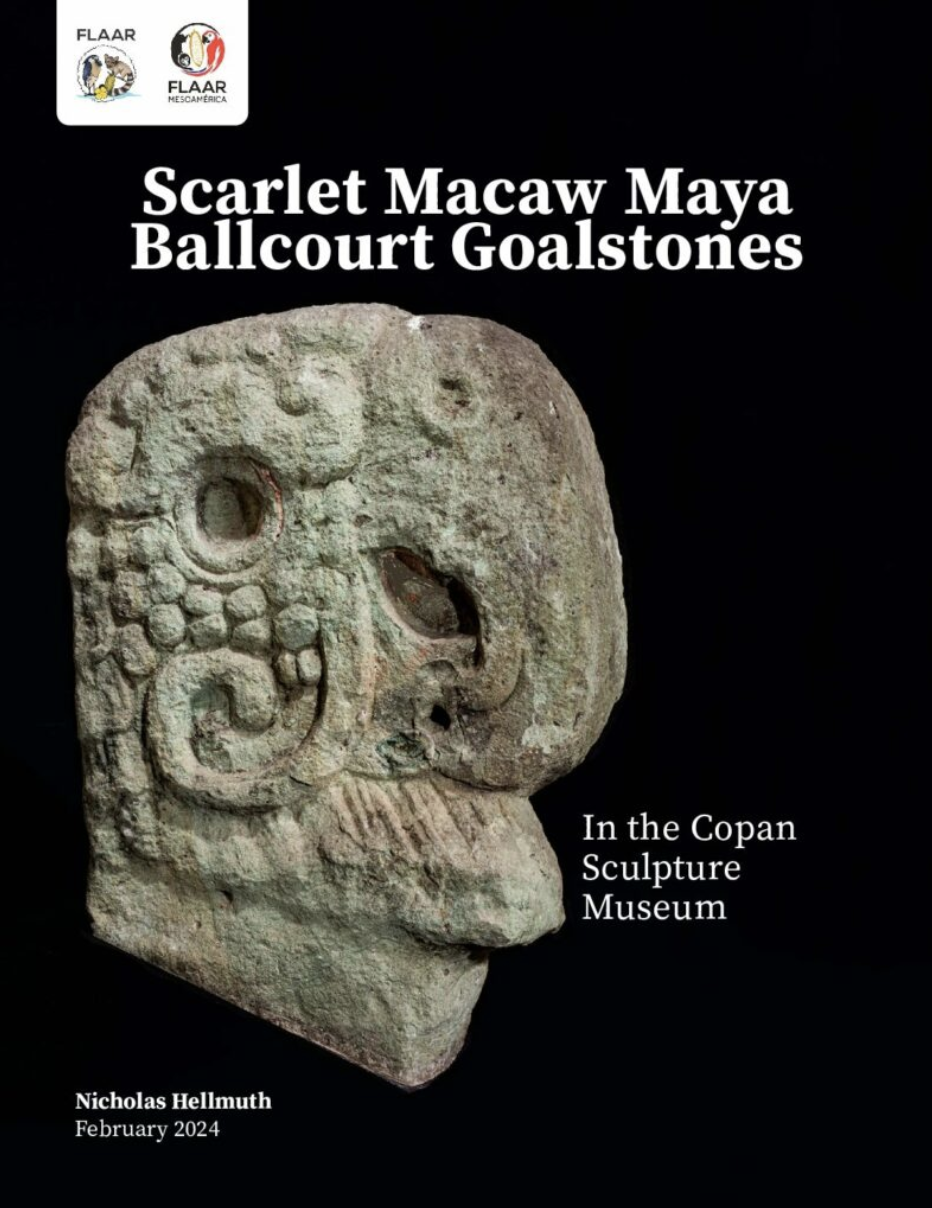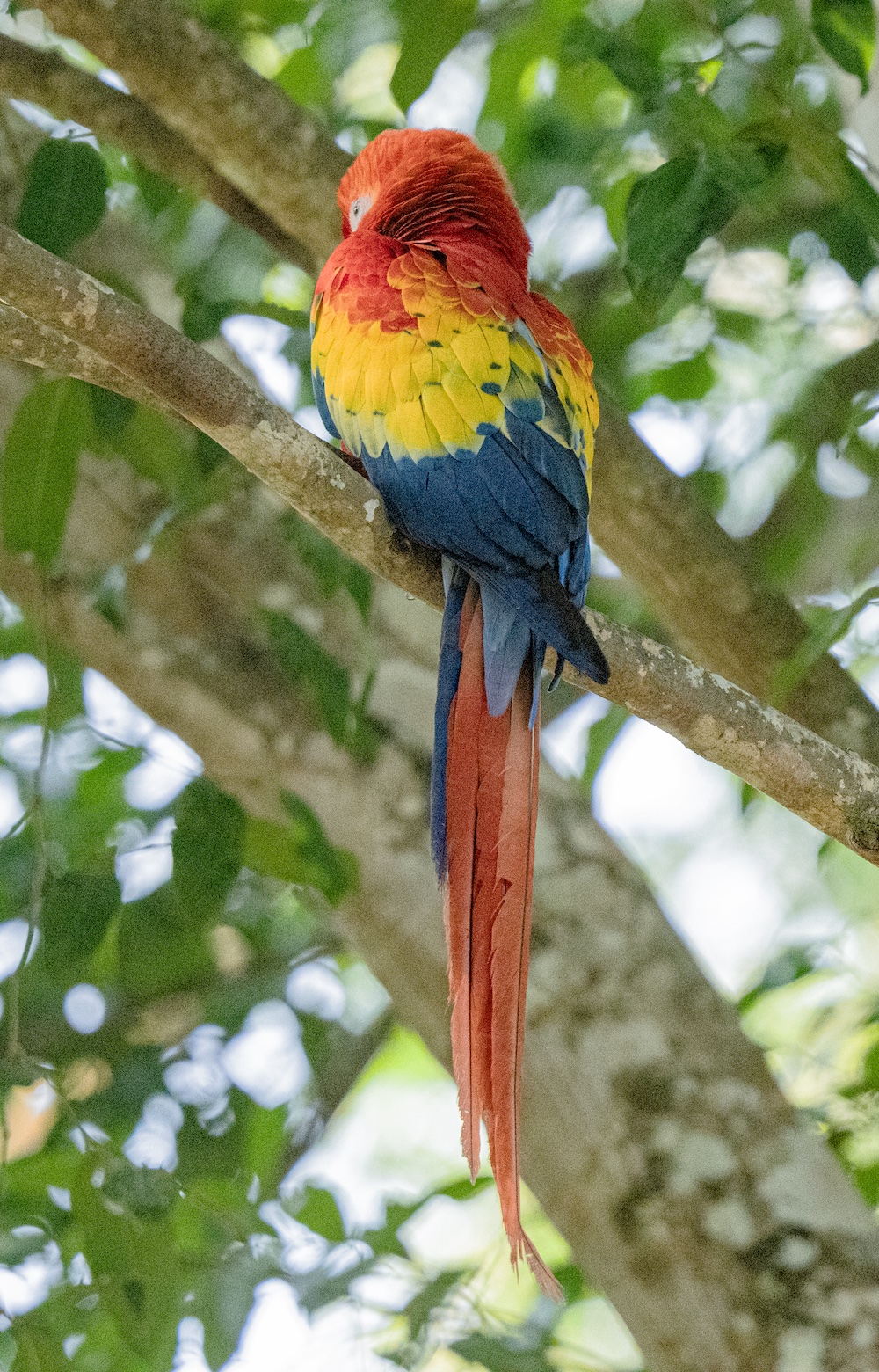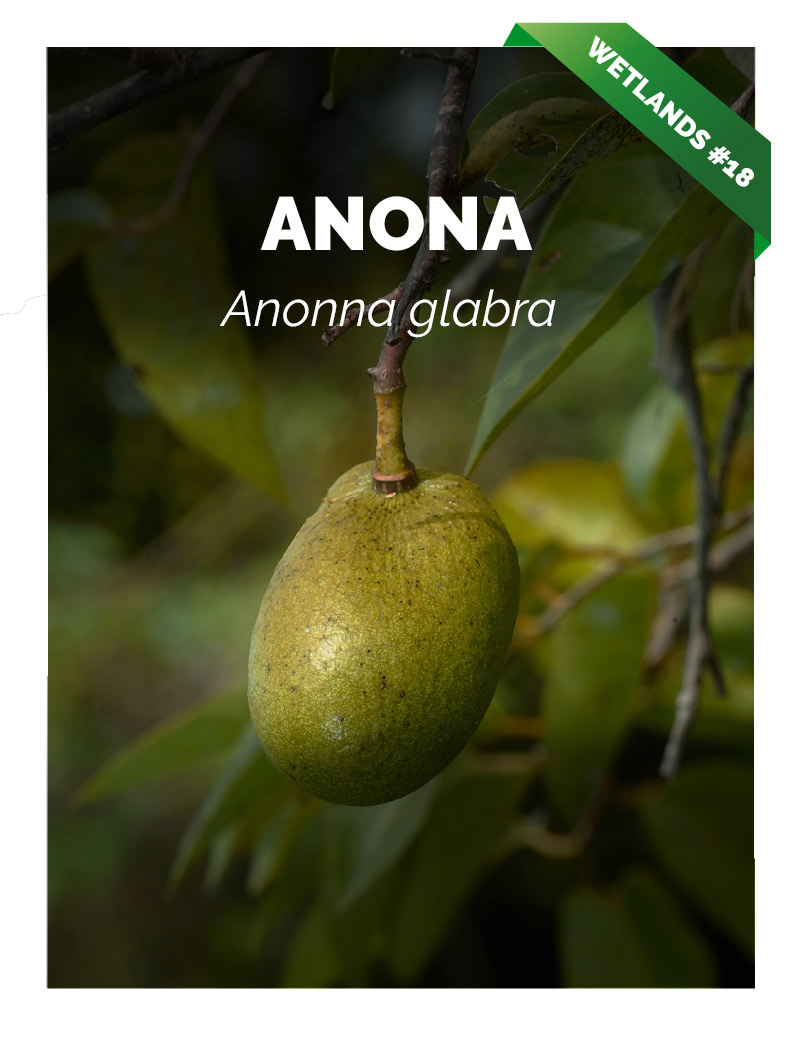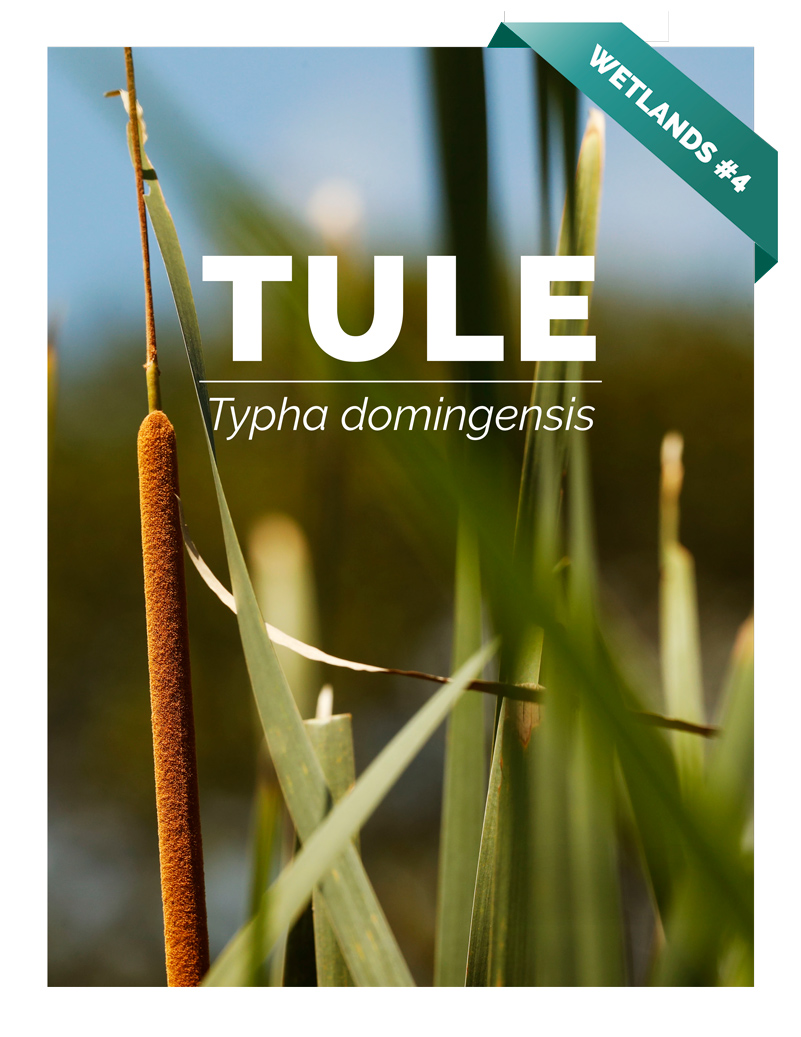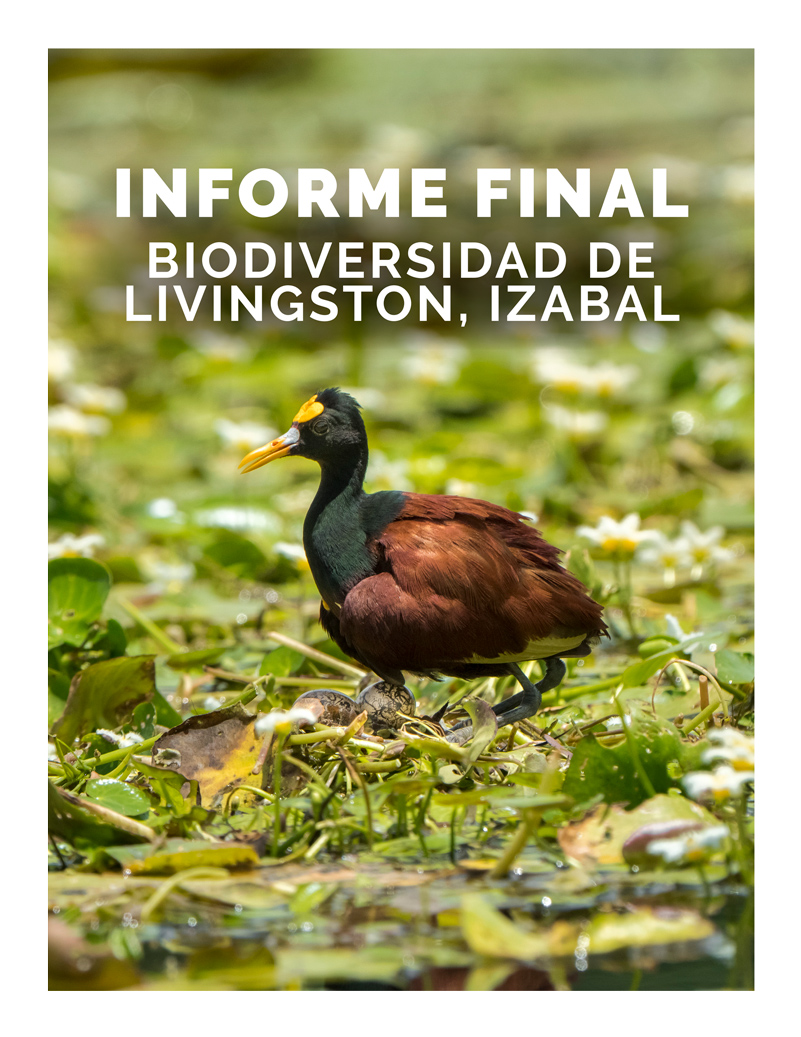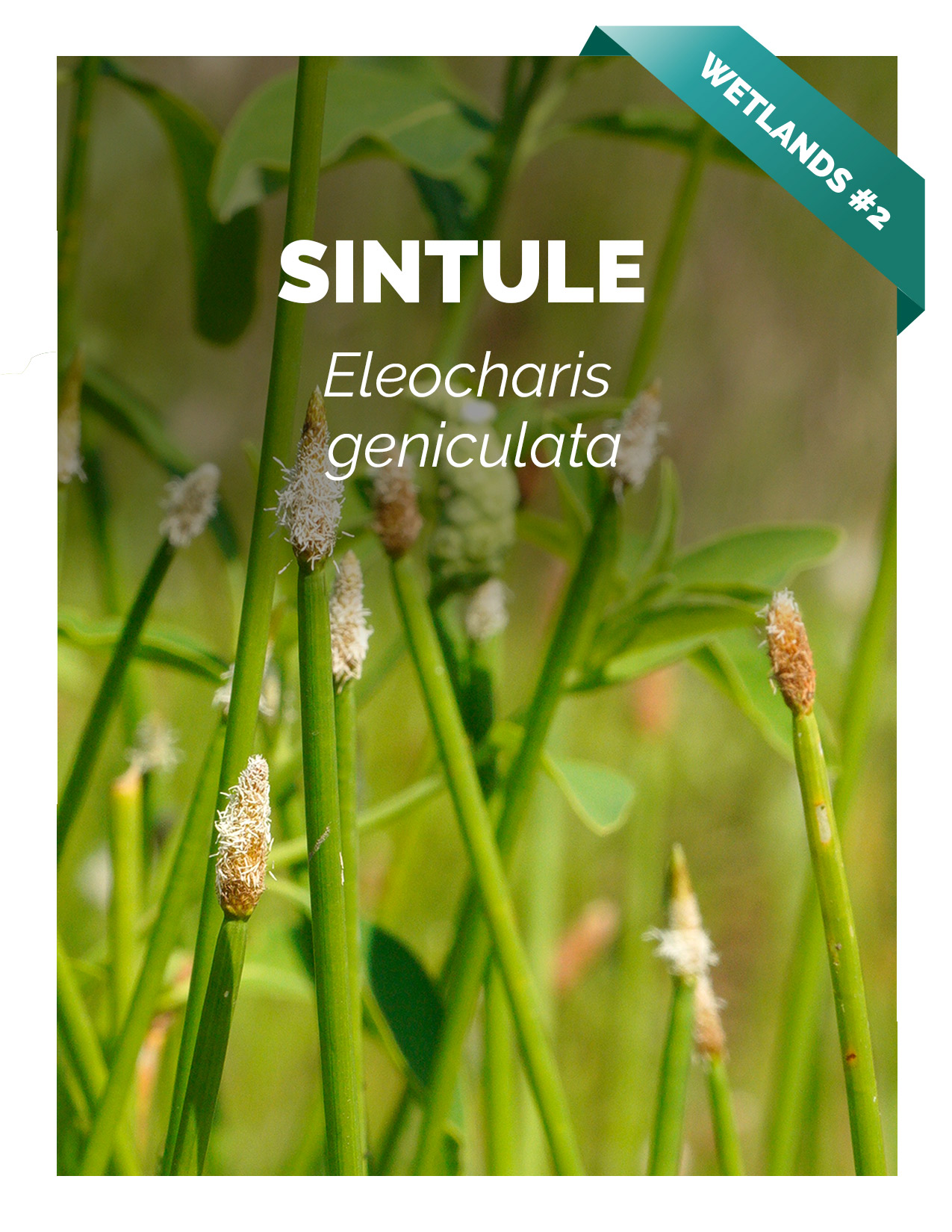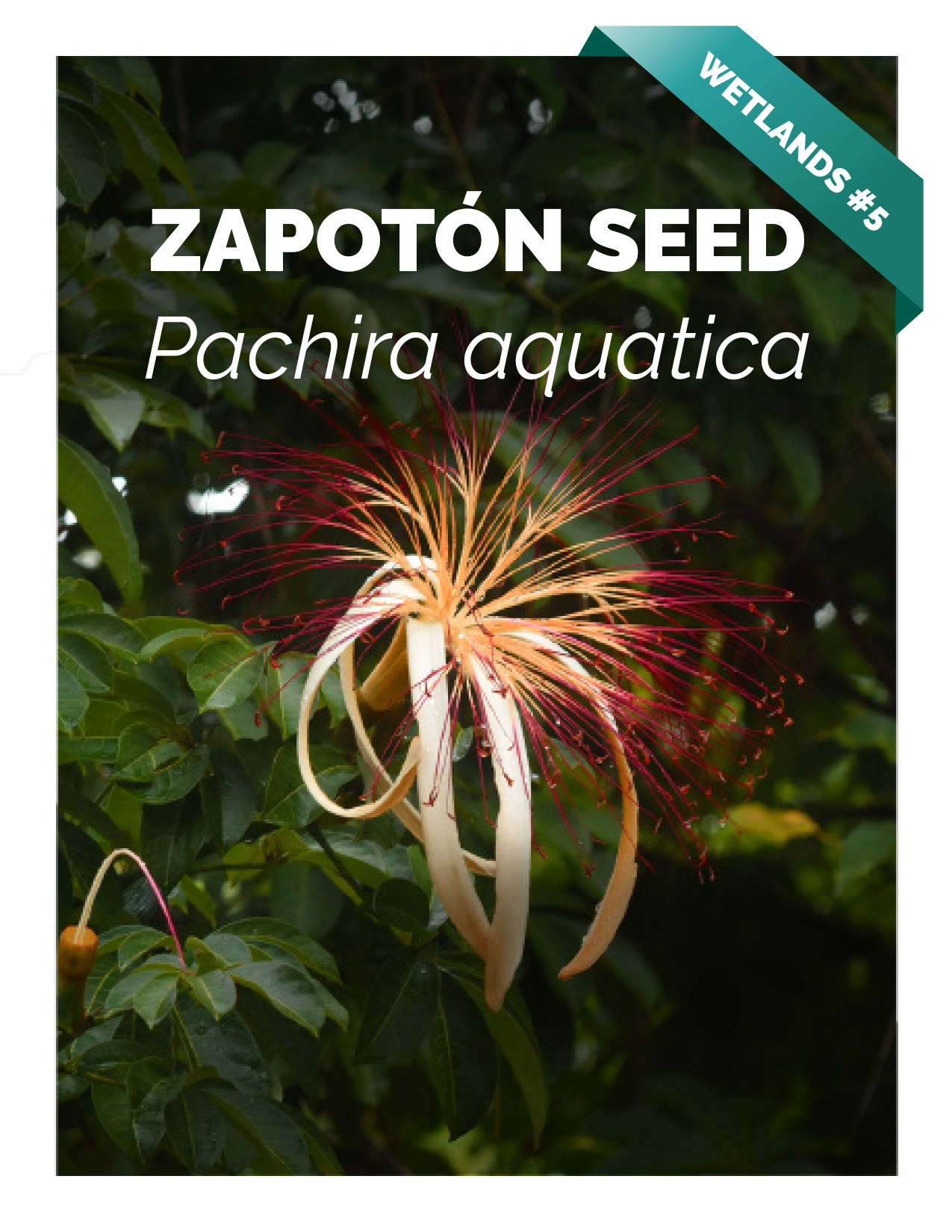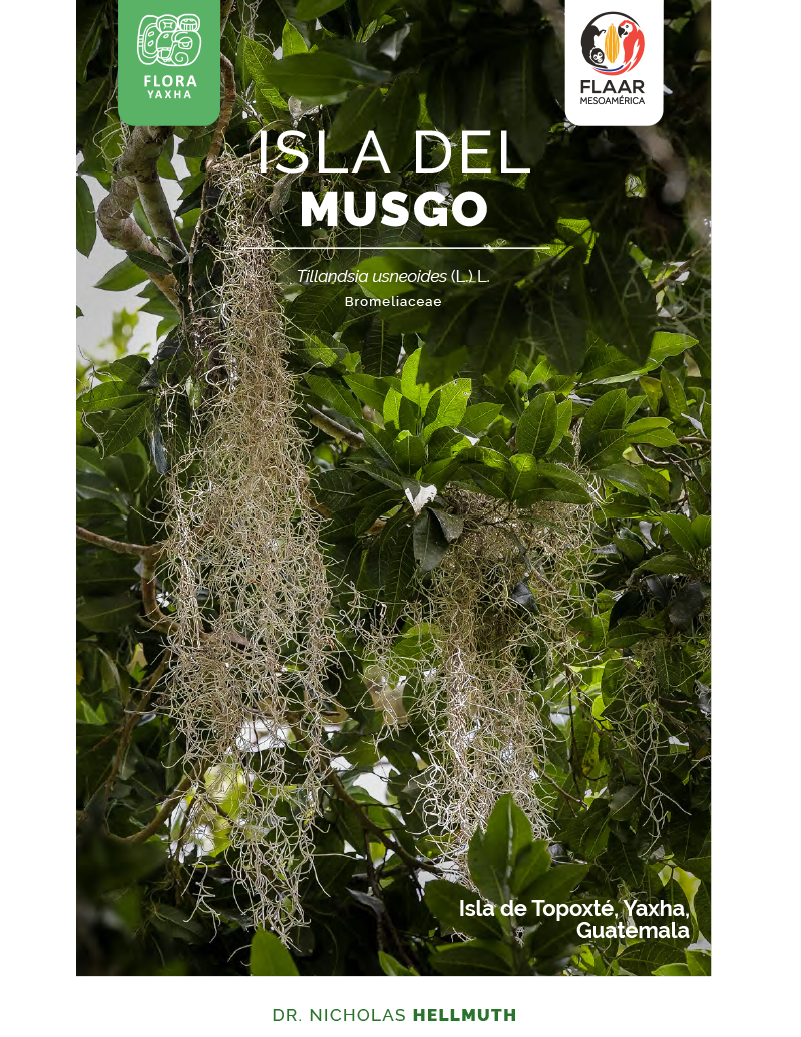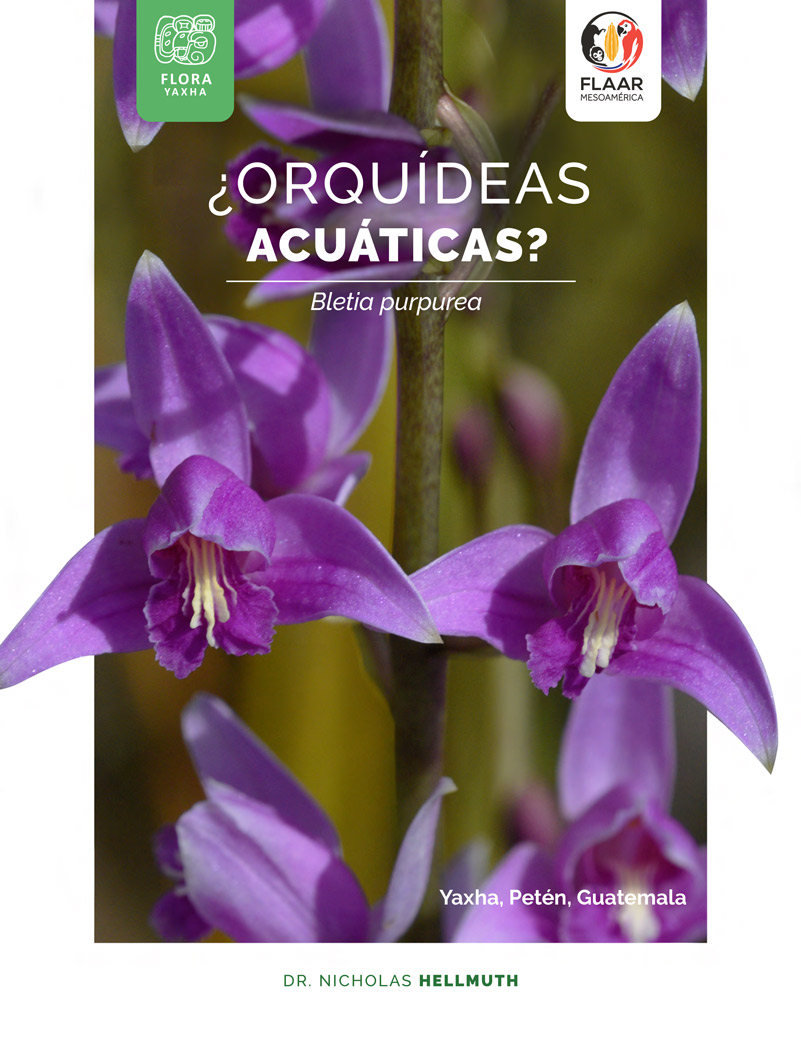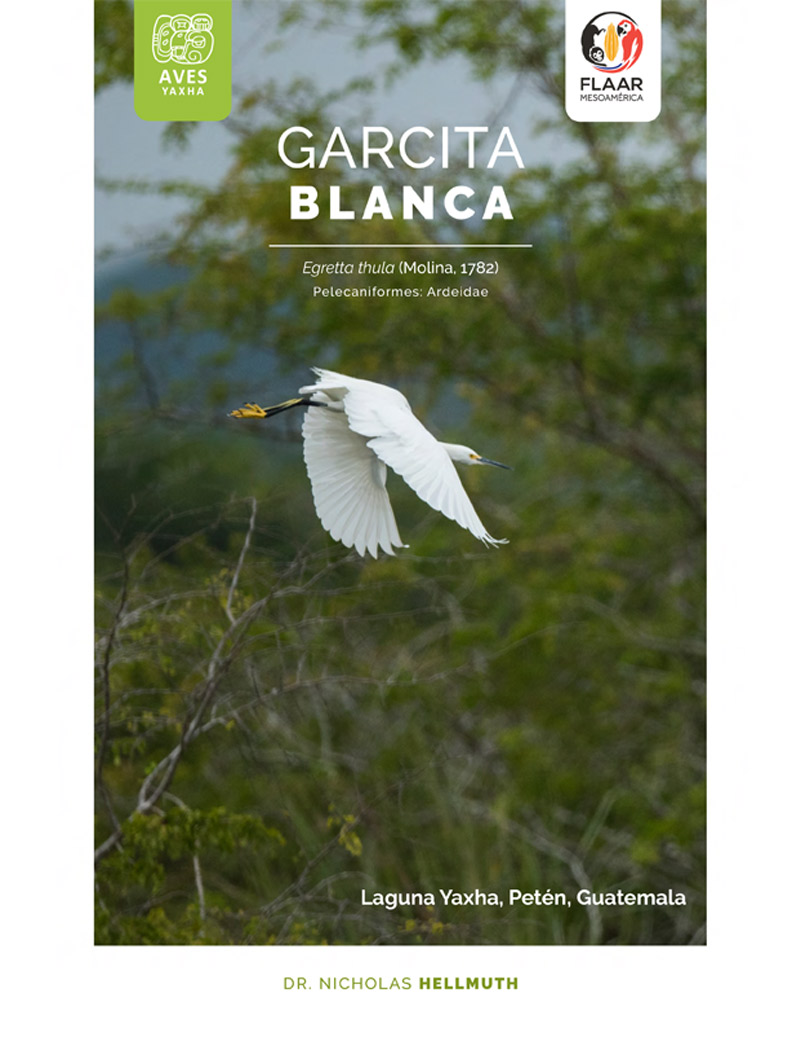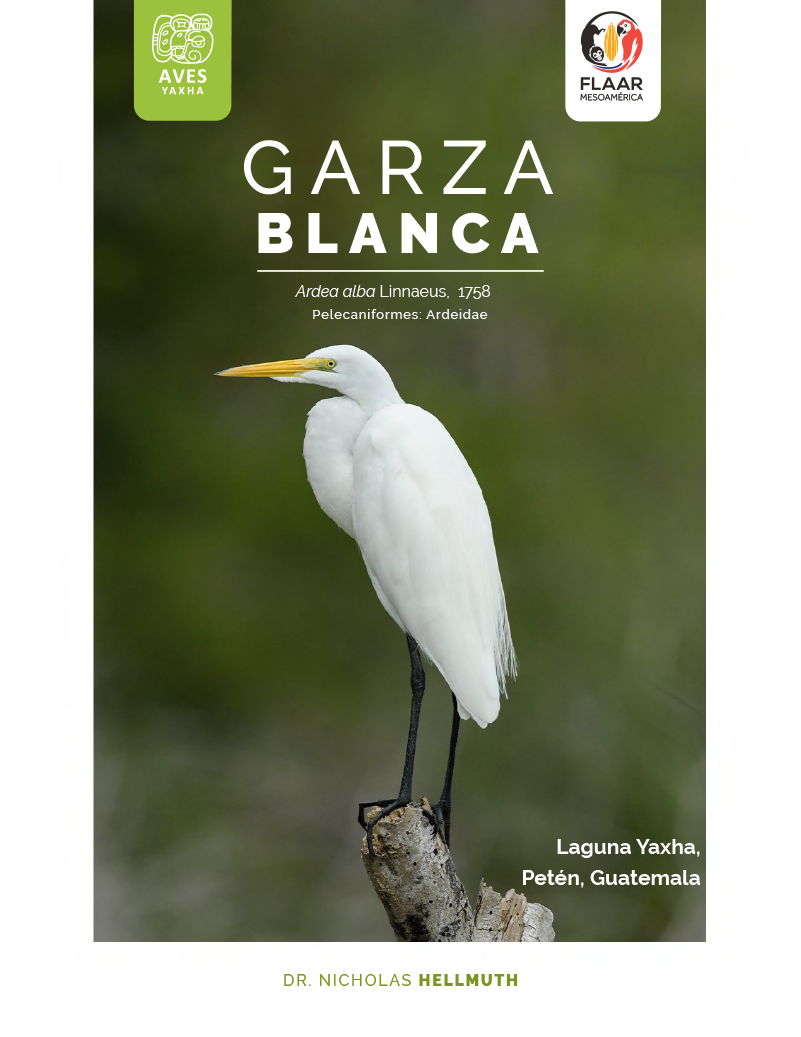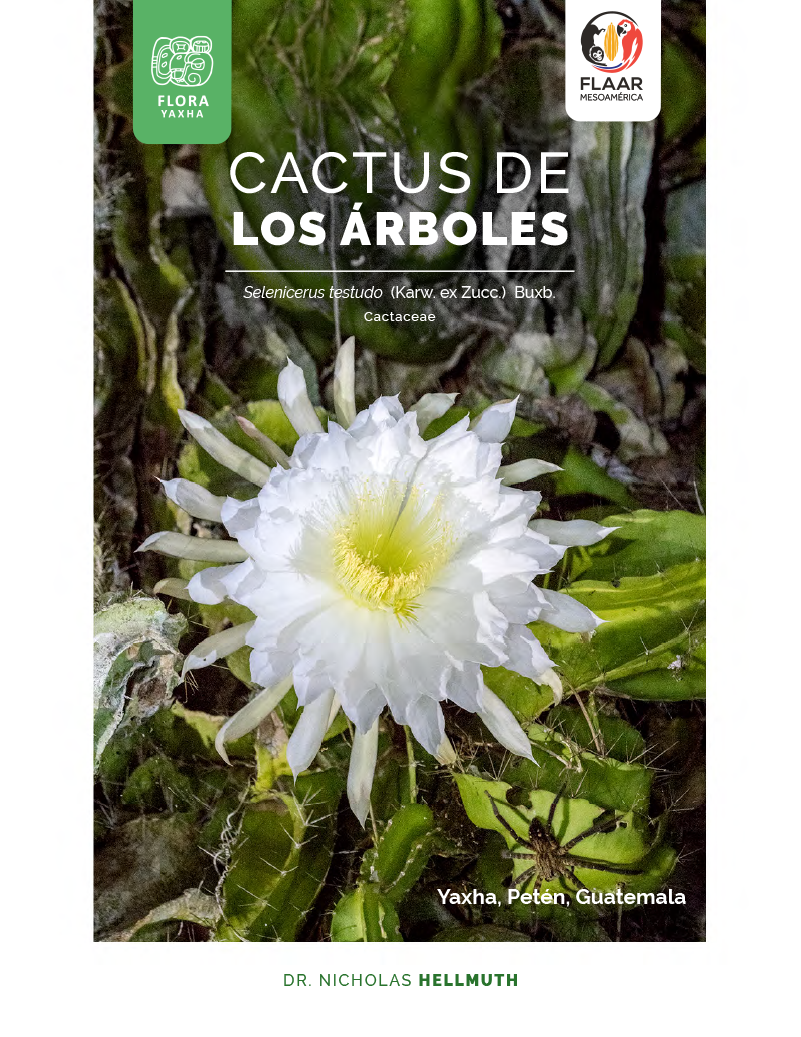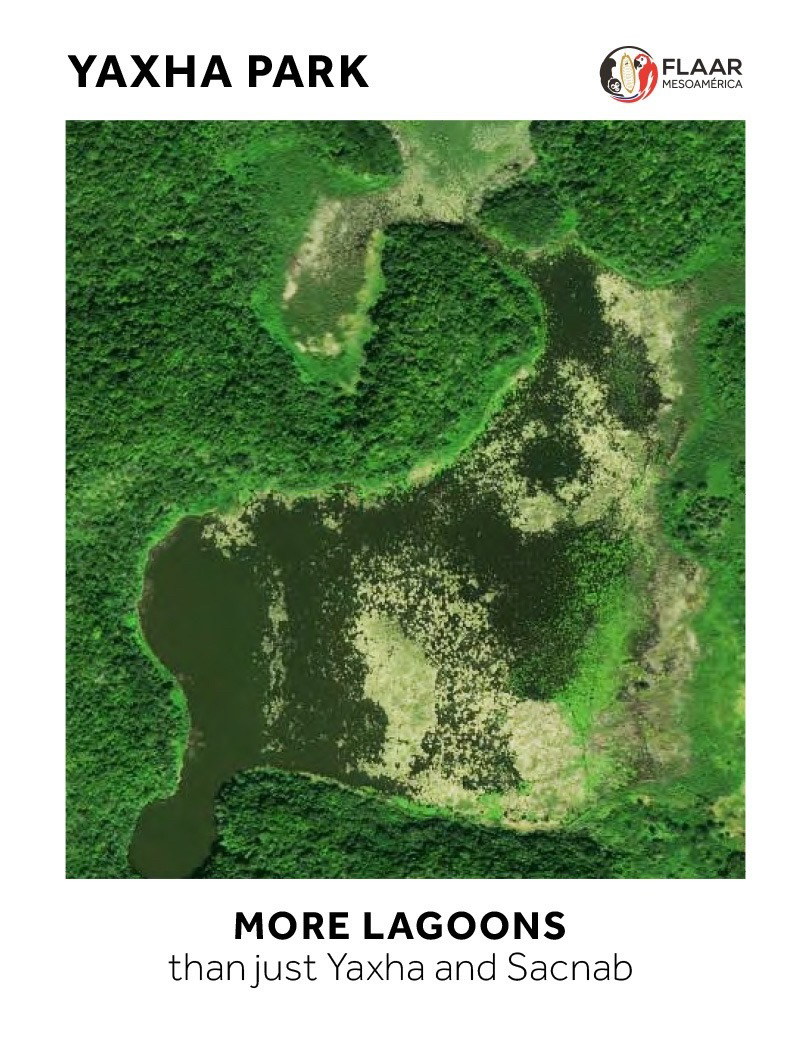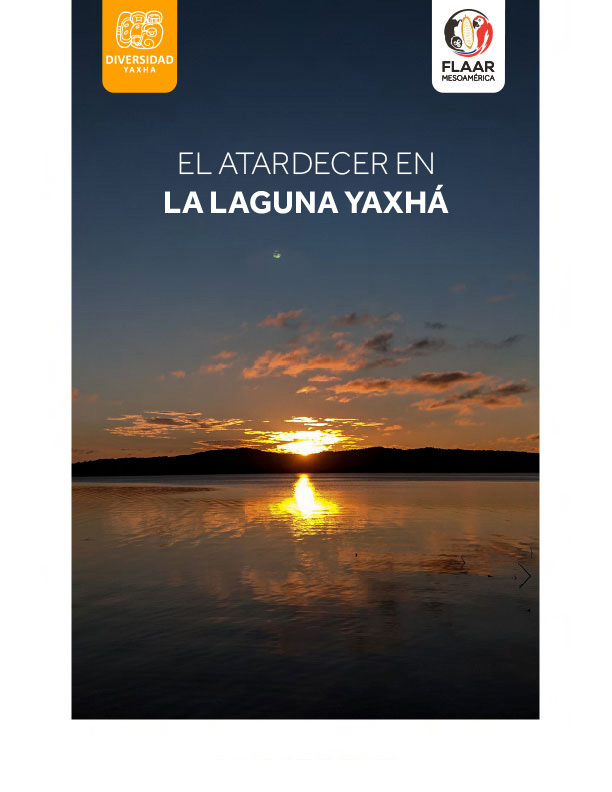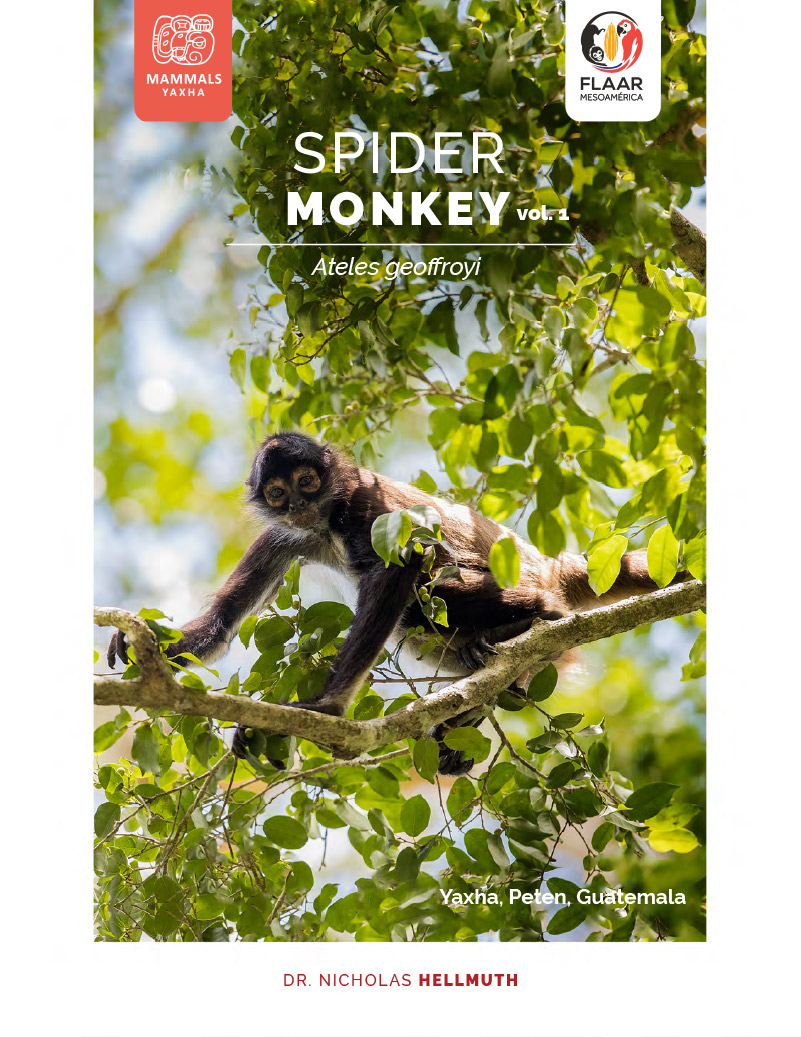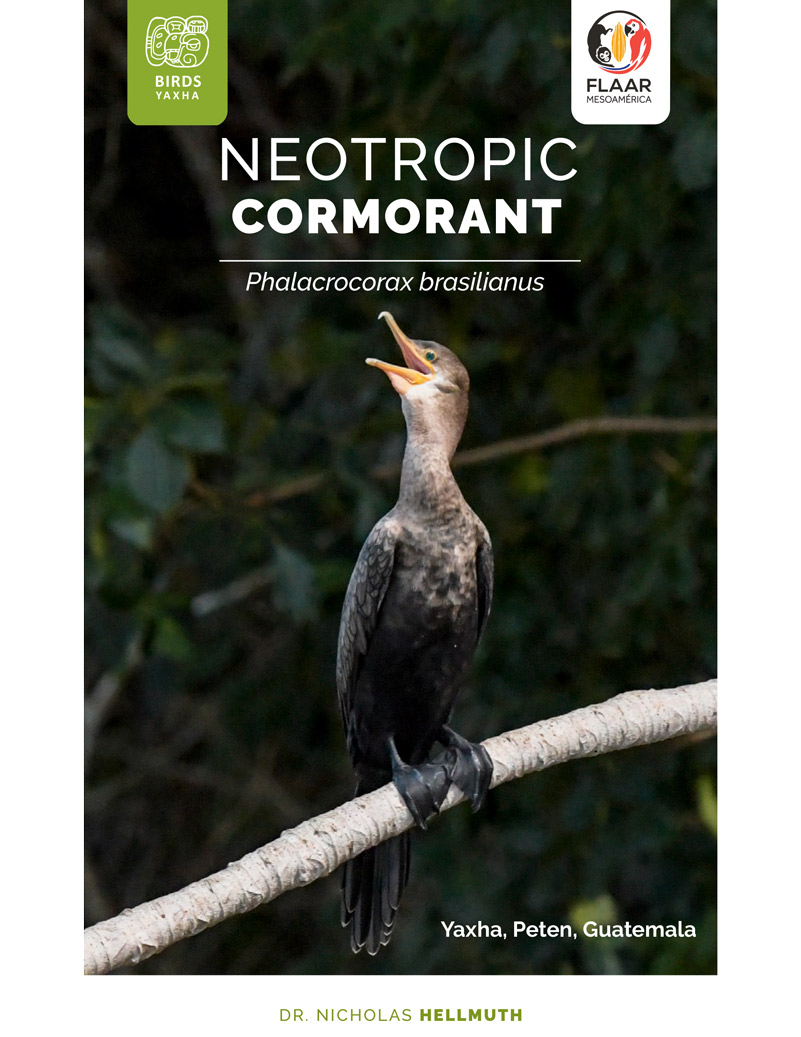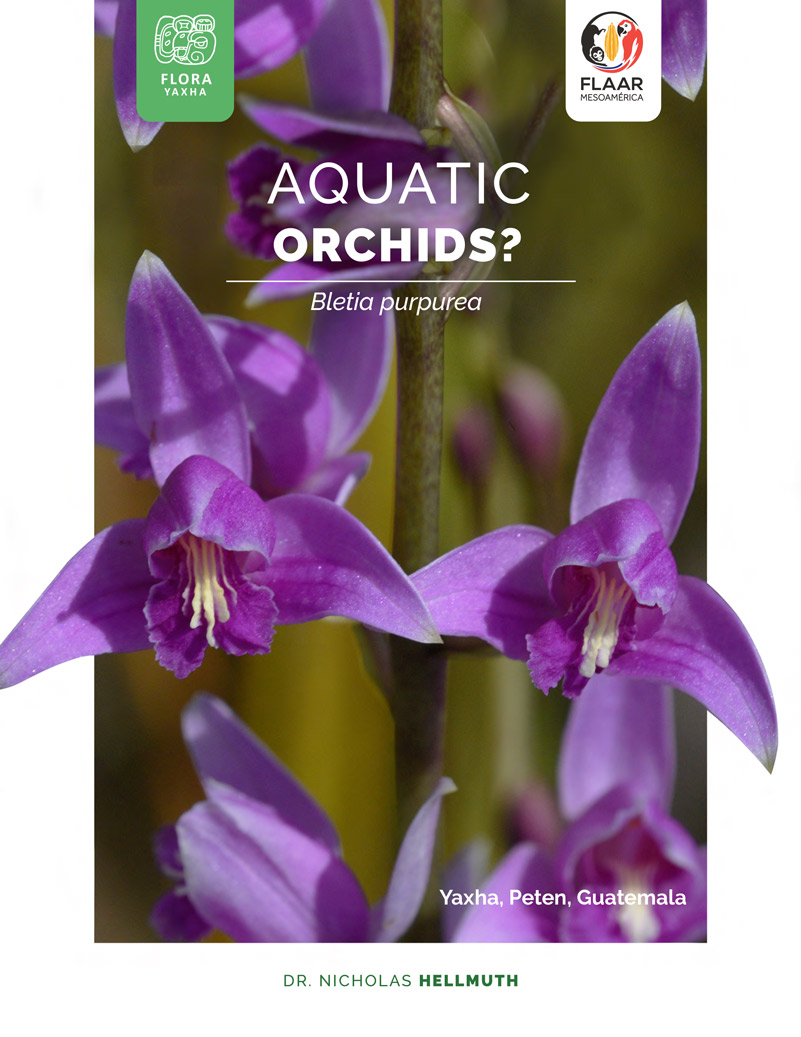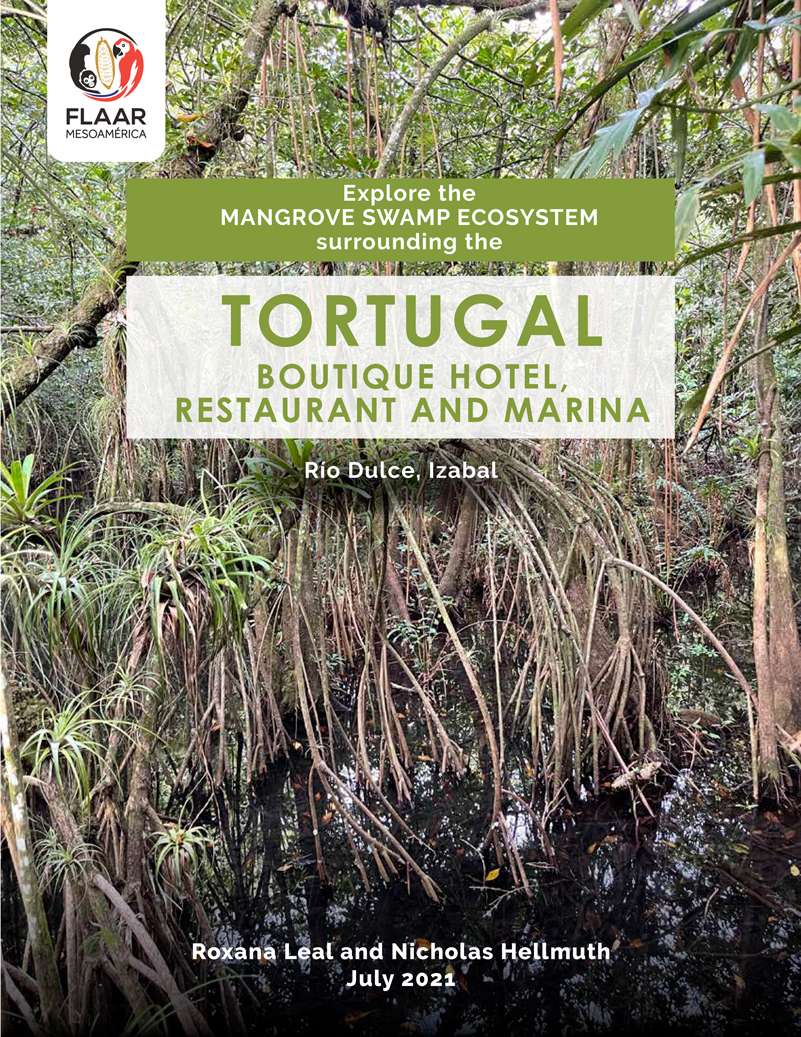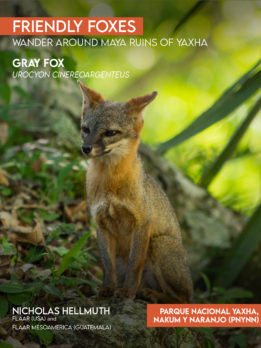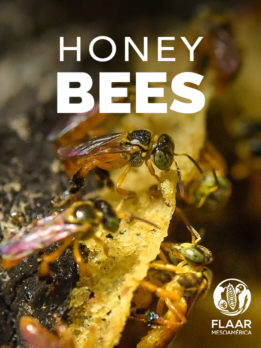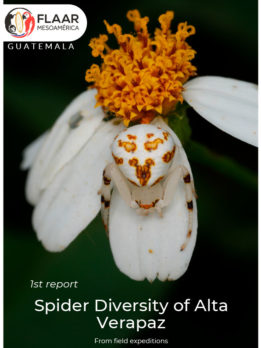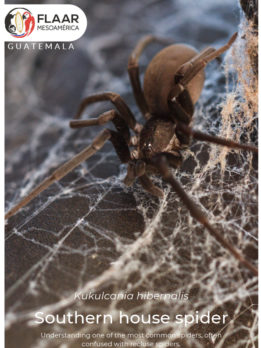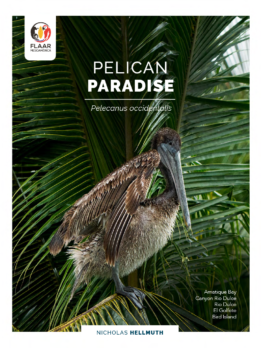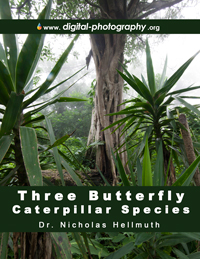Scarlet Macaws are waiting for you at Copan archaeological park, Honduras
All photographs on this web page are by Lead Photographer Edwin Solares, FLAAR Mesoamerica, FLAAR Photo Archive. The rest of the photo team was photographing the sculptures of Copan, especially the stelae and altars. Our goal was to find and photograph full-figure hieroglyphs plus other aspects of epigraphy and iconography. Solares also photographed the hieroglyphs and sculptures (we worked from 8 am through to 8 pm at night, with a portable Honda electric generator to provide light at night for the sculptures). We show those results on www.Maya-archaeology.org.
Photos of scarlet macaws by Edwin Solares, Lead Photographer, FLAAR Mesoamerica
These scarlet macaws eat local food up in the trees. So you can often photograph them if the trees are not too high up. Obviously you need a telephoto lens.
This proud scarlet macaw is posing nicely, with no background to get in the way.
Not easy to “stop a bird in flight” but modern digital cameras with bird-eye focus definitely help. Photo by Edwin Solares, FLAAR Mesoamerica, FLAAR Photo Archive (we have over 30 TERAbytes of flora and fauna digital photos).
Edwin Solares has also prepared videos on scarlet macaws of Copan Maya archaeology park, Honduras
Edwin Solares is focused on videos, of flora, fauna, ecosystems, and now of our recent February 2024 field trip to Copan archaeological park and the two museums (village museum and Copan Sculpture Museum).
The village museum is being reconstructed but should be open to the public later in 2024. The Copan Sculpture Museum is open every day (but be sure to arrive before 4 pm).
Consider joining the FLAAR team on a field trip in Guatemala
Nicholas Hellmuth was first in Mexico in 1961 and first in Guatemala in 1963. The FLAAR office has been in Vistahermosa II of Guatemala City for several decades. We have over a half century of experience accomplishing field trips to study flora, fauna, remote biodiverse ecosystems in Guatemala, plus archaeological field trips to study sculptures and full-figure hieroglyphs at Copan, Honduras.
|
FLAAR Report on ballcourt of Copan, that includes photos of scarlet macaw goalstones. |
February 2024 FLAAR Report on the macaw goalstone sculptures in the Copan Sculpture Museum. |
First Posted February 28, 2024, by Nicholas Hellmuth


